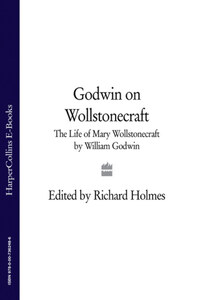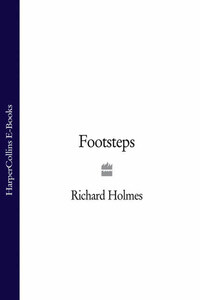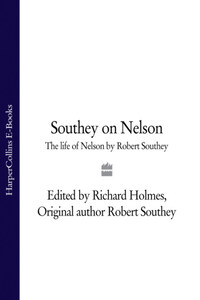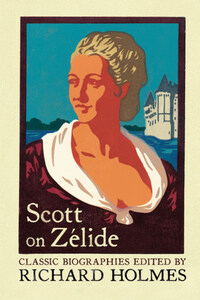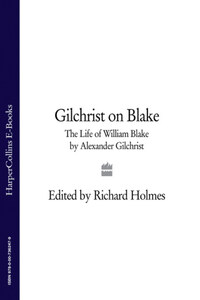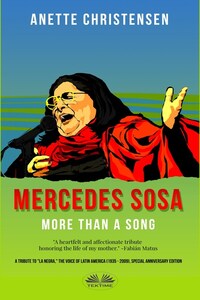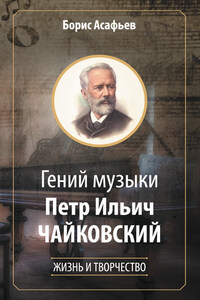It is often said that William Godwin’s Memoirs of the Author of ‘The Rights of Woman’ of 1798 destroyed Mary Wollstonecraft’s reputation for over 100 years. If that is true, it must count as one of the most dramatic, as well as the most damaging, works of biography ever published.
At the time of her death in London on 10 September 1797, Mary Wollstonecraft was certainly well-known and widely admired, as an educational writer and champion of women’s rights. She was renowned not only in Britain, but also in France, Germany and Scandinavia (where her books had been translated), and in newly-independent America. Although only 38 years old, she was already one of the literary celebrities of her generation.
The Gentleman’s Magazine, a solid large-circulation journal of record with a conservative political outlook, printed the following obituary in October 1797, with an admiring – if guarded – summary of her career and an unreservedly favourable estimate of her character.
In childbed, Mrs Godwin, wife of Mr. William Godwin of Somers-town; a woman of uncommon talents and considerable knowledge, and well-known throughout Europe by her literary works, under her original name of Wollstonecraft, and particularly by her Vindication of the Rights of Woman, 1792, octavo.
Her first publication was Thoughts on the Education of Daughters, 1787…her second, The Rights of Man, 1791, against Mr Burke on the French Revolution, of the rise and progress of which she gave an Historical and Moral View, in 1794…her third, Elements of Morality for the Use of Children, Translated from the German, 1791…her fourth, A Vindication of the Rights of Woman, 1792…her fifth, Letters Written during a Short Residence in Sweden, Norway and Denmark, 1796.
Her manners were gentle, easy and elegant; her conversation intelligent and amusing, without the least trait of literary pride; or the apparent consciousness of powers above the level of her sex; and for soundness of understanding, and sensibility of heart, she was perhaps, never equaled. Her practical skill in education was even superior to her speculations upon that subject; nor is it possible to express the misfortune sustained, in that respect, by her children. This tribute we readily pay to her character, however adverse we may be to the system she supported in politicks and morals, both by her writing and practice.
Many other favourable articles appeared, such as her friend Mary Hays’s combative obituary in the Monthly Magazine for September 1797, which lauded her ‘ardent, ingenuous and unconquerable spirits’, and lamenting that she was ‘a victim to the vices and prejudices of mankind’. The Monthly Mirror praised her as ‘a champion of her sex’, and promised an imminent biography, though this did not appear. Friends in London, Liverpool, Paris, Hamburg, Christiana, and New York expressed their shock at her sudden departure, one of the earliest, premature Romantic deaths of her generation. It seemed doubly ironic that the champion of women’s rights should have died in childbirth.
William Godwin, her husband, was devastated. They had been lovers for little over a year, and married for only six months. At 42 he also was a literary celebrity, but of a different kind from Mary. A shy, modest and intensely intellectual man, he was known paradoxically as a firebrand philosopher: the dangerous radical author of An Enquiry Concerning Political Justice (1793) and the political thriller-novel Caleb Williams (1794). His views were even more revolutionary than hers. He proposed republican, atheist and anarchist ideas, attacking many established institutions, such as private property, the Church, the monarchy, and (ironically) marriage itself – ‘that most odious of monopolies’. Indeed he was notorious for his defence of ‘free love’, and their marriage in March 1797 had been the cause of much amusement in the press. Yet Godwin believed passionately in the rational power of truth, and the value of absolute frankness and sincerity in human dealings.
He was in a state of profound shock. He wrote bleakly to his oldest friend and confidante, the playwright Thomas Holcroft on 10>th September 1797, the very evening of her death: ‘My wife is now dead. She died this morning at eight o’clock…I firmly believe that there does not exist her equal in the world. I know from experience we were formed to make each other happy. I have not the least expectation that I can now ever know happiness again. When you come to town, look at me, talk to me, but do not – if you can help it – exhort me, or console me.’
